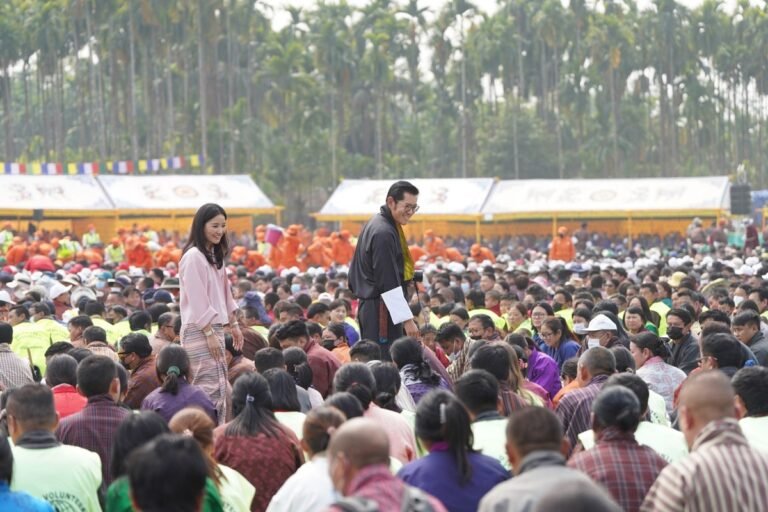
His Majesty the Druk Gyalpo was present as the Fourth Parliament’s Third Session came to a respectful end. Lungten Dorji, the speaker, thanked everyone and promised to serve the country. The ceremony’s main themes were harmony, empowering young people, and passing legislation. In a single session, Bhutan’s Parliament enacted five significant Money Bills, which was a first for the country’s parliament. The quick approval of these legislation was criticized by some for focusing on interest taxation on fixed deposits and for having imbalanced discussions. Unexpectedly little attention was paid to the GST Amendment, which could put pressure on small firms and households. All three Bills underwent lengthy stakeholder consultations, according to Finance Minister Lekey Dorji, who also made sure that private companies were contacted in confidence and that provisions were quickly approved.
MP Loday Tsheten cites international lessons to commend the GST Bill’s passage. Lekey Dorji, the finance minister, explains legislative processes and plans for seamless implementation, saying that although inflation will fall within people’s budgets, it will still be within a reasonable range. The fairness of income tax treatment is questioned by some, especially with regard to dividend and interest income exemption thresholds. The long six-month implementation window and the passage of several legislation in one session are also questioned. As the National Council challenges the GST’s start date, former Members of Parliament contend that the money bill is effective from the moment it is introduced. The Finance Minister explains that while bills are unconstrained by the constitution, postponing their execution may result in market manipulation.



